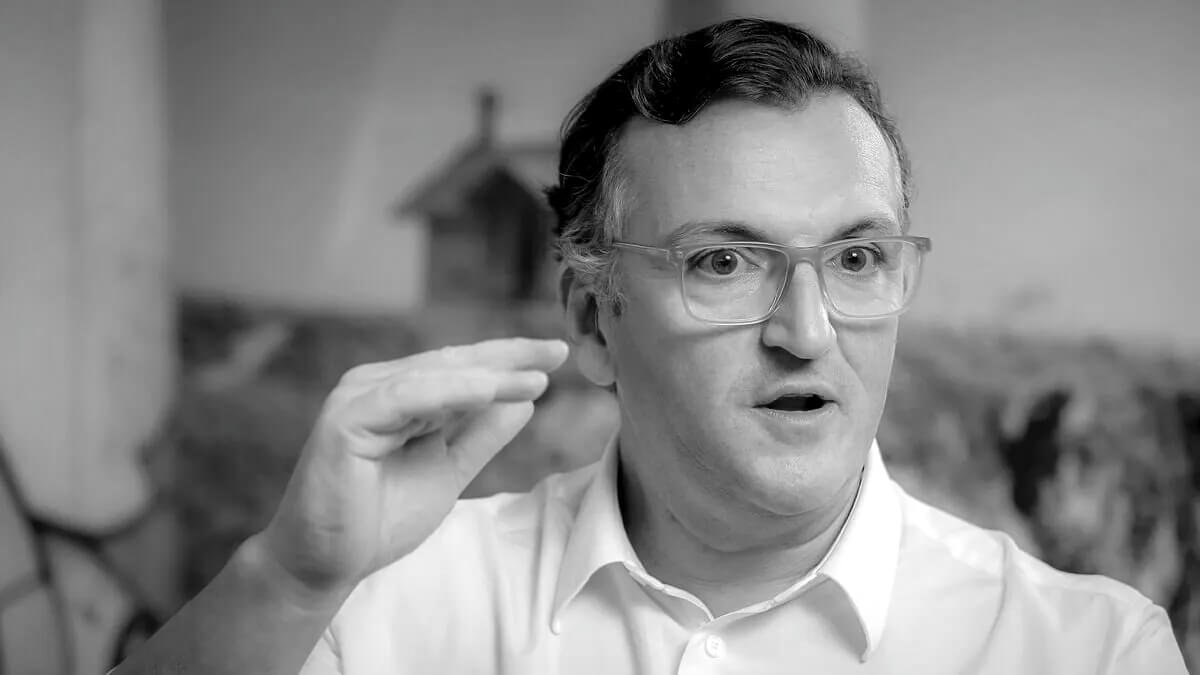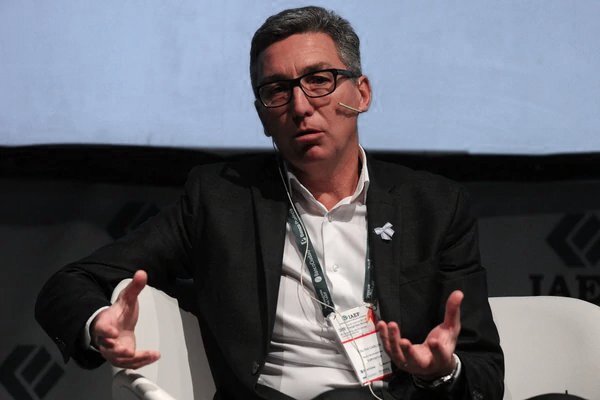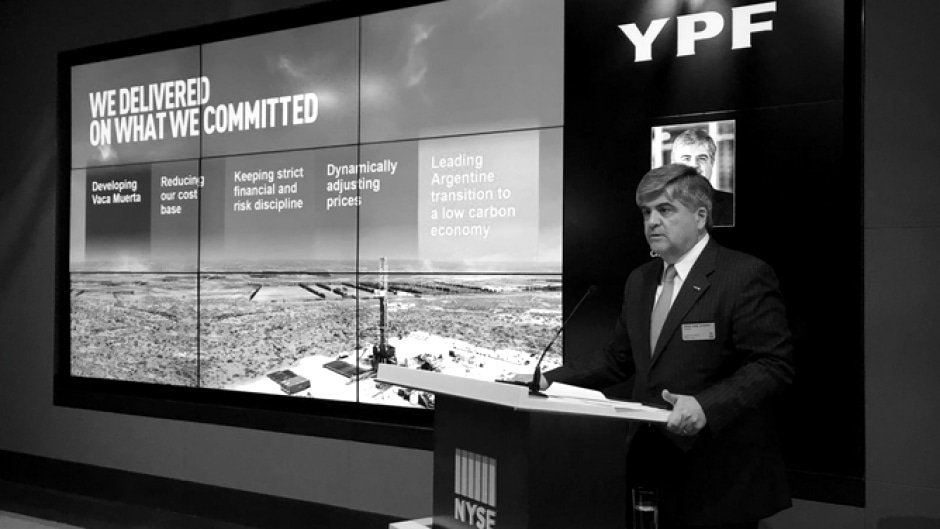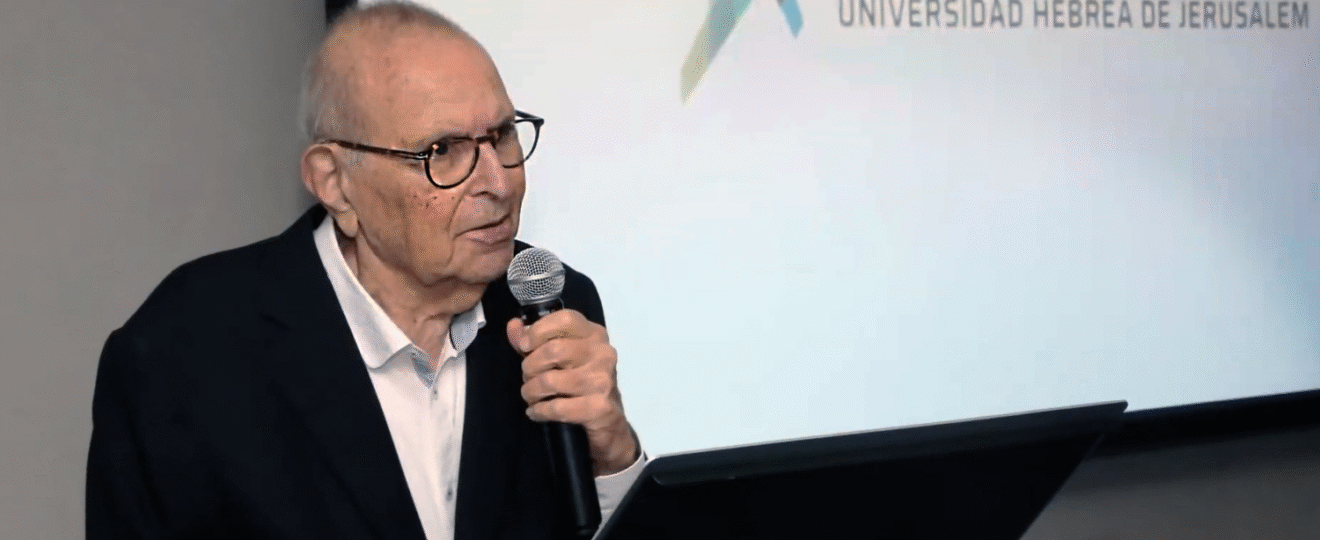
James Shasha
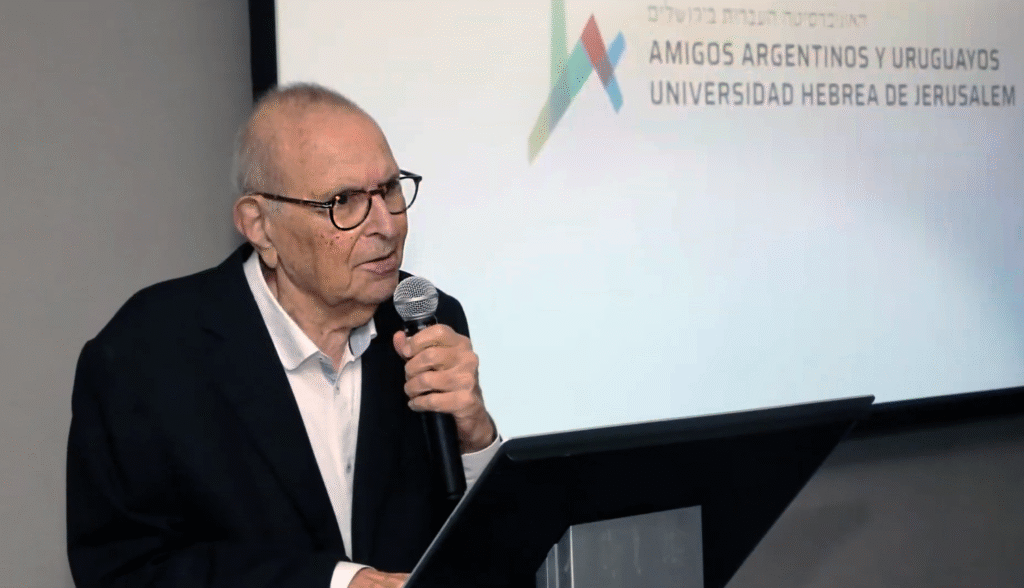
James Shasha was born in Baghdad, Iraq, in 1929, into a Sephardic Jewish family. His childhood unfolded in a complex context, marked by the political and social tensions that affected Jewish communities in the Arab world during the first half of the 20th century.
At the age of 15, he emigrated alone to the United States, a decision forced by the adverse conditions the region was experiencing. This experience of uprooting during his adolescence profoundly shaped his character and forged a worldview centered on resilience, education, and individual responsibility as tools for progress.
He completed his secondary studies and pursued higher education at Wesleyan University, an academic institution based in Middletown, Connecticut, founded in 1831. Wesleyan is known for its focus on the liberal arts, its commitment to critical thinking, and its policy of cross-disciplinary education. There, he earned his bachelor’s degree in Economics in 1950.
His time at the university allowed him to incorporate a rigorous and multidisciplinary intellectual perspective, which would later influence his conception of the social function of knowledge, the role of academic institutions, and the value of investment in research as an engine of development.
James Shasha fostered ties with educational, cultural, and community institutions, articulating a vision of active participation in strengthening the social fabric.
The combination of an international academic background, community sensitivity, and an early migratory experience shaped a strategic conception of philanthropy. For Shasha, donating was not an isolated gesture but a form of structural investment with long-term objectives.
From the late 1970s, and more systematically since the 1980s, he began to channel resources toward educational projects, think tanks, and community networks with a direct impact on social development. His approach prioritized the sustainability of institutions, the professionalization of management, and the proliferation of knowledge.
This commitment led him to establish lasting relationships with universities, foundations, and schools in Argentina, Israel, and the United States. Most of his initiatives were aimed at building capacities in key areas such as education, psychology, strategic planning, civic education, and international cooperation.
Philanthropy, understood as a civic responsibility exercised from the private sector, became one of the guiding principles of his public life.



